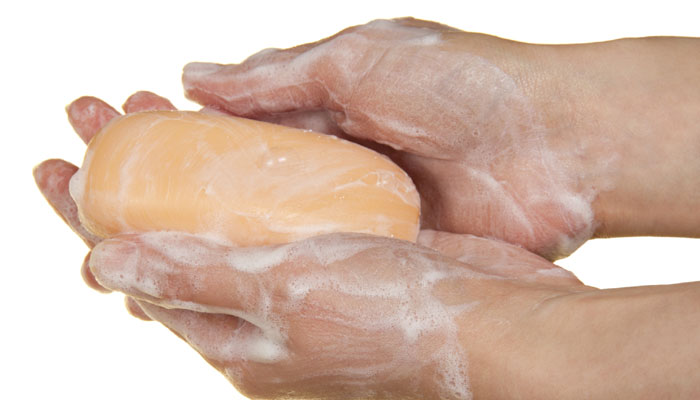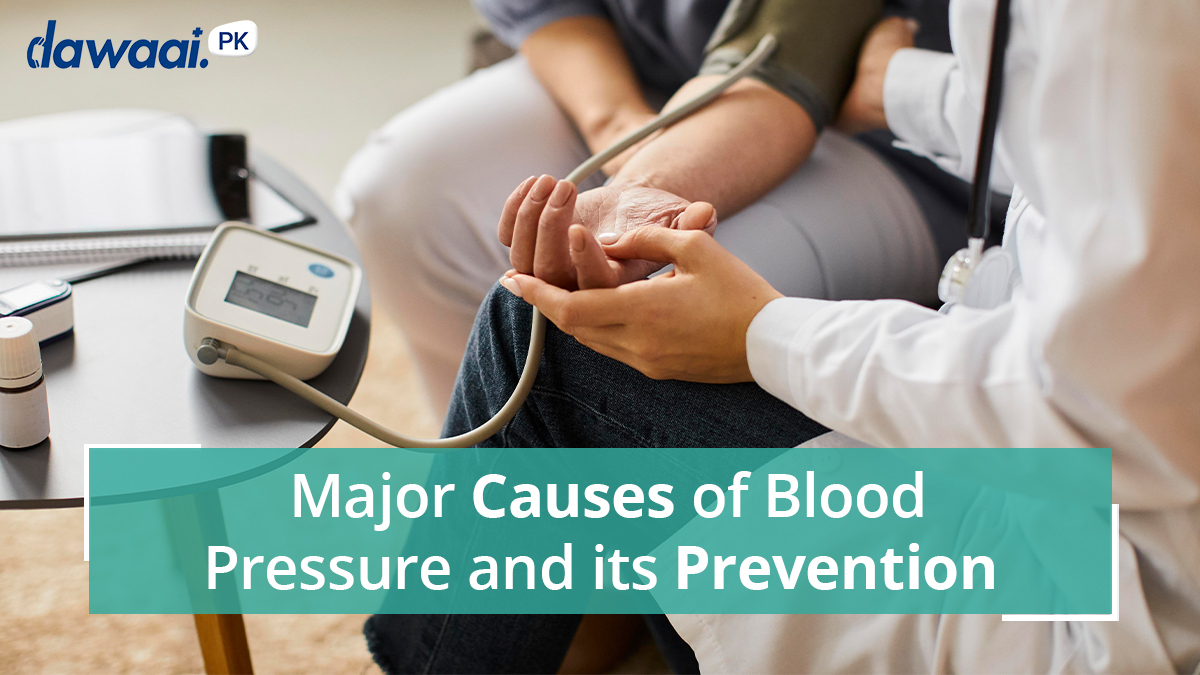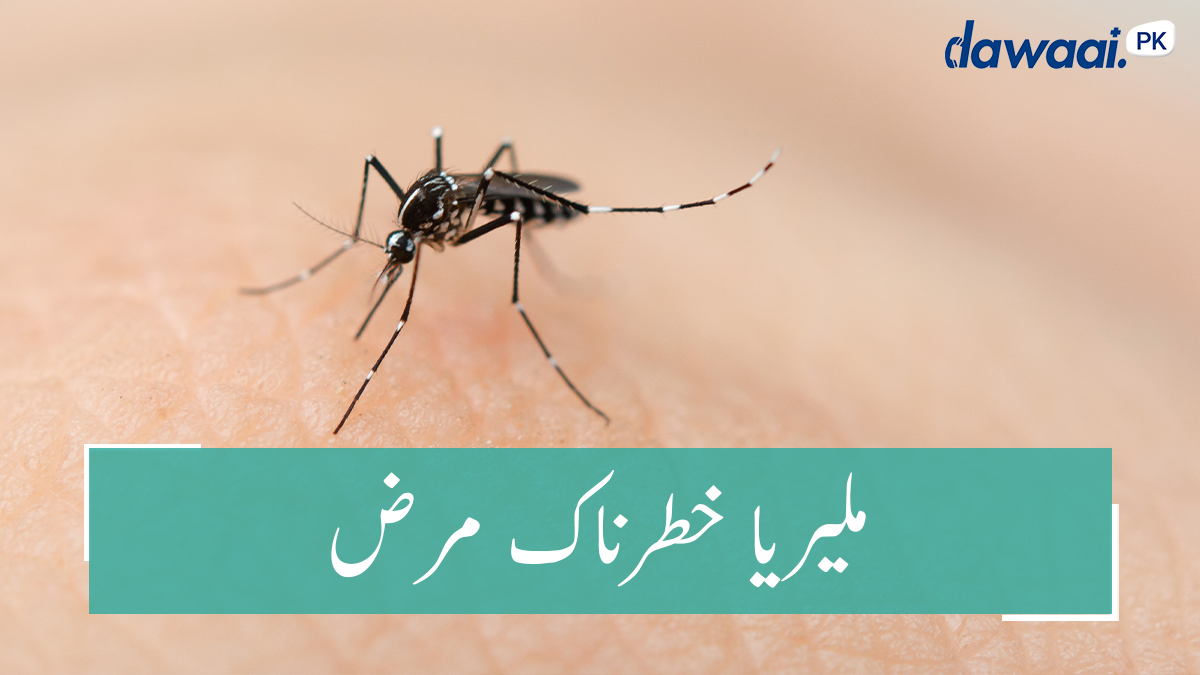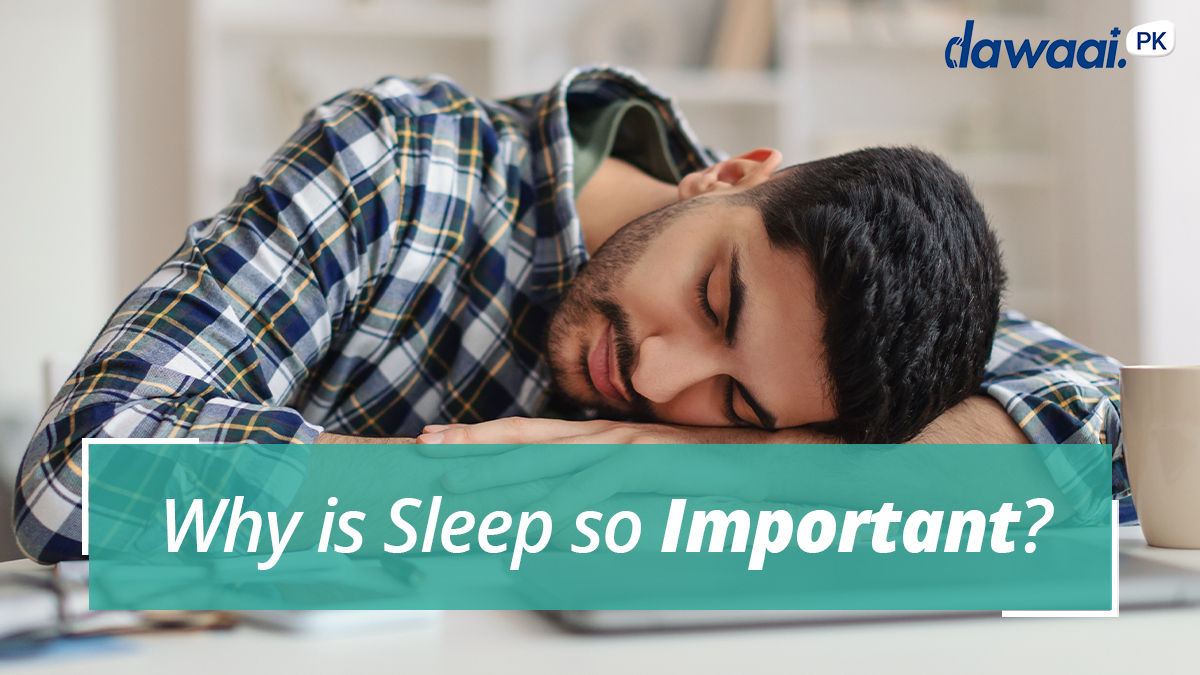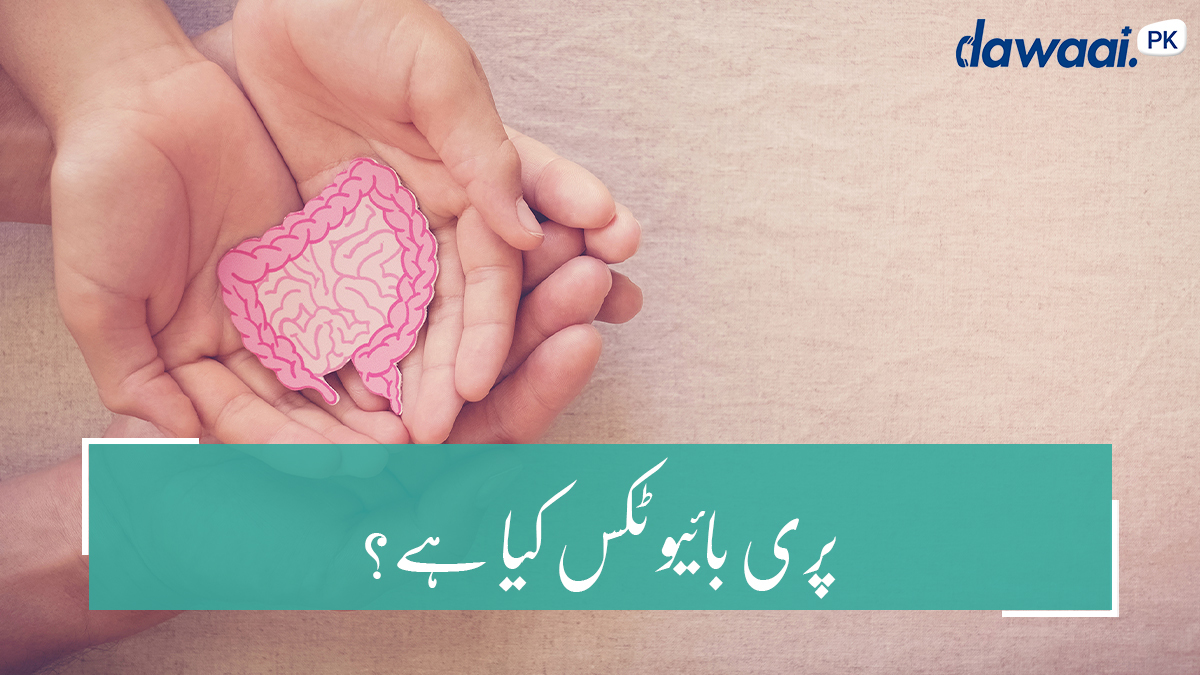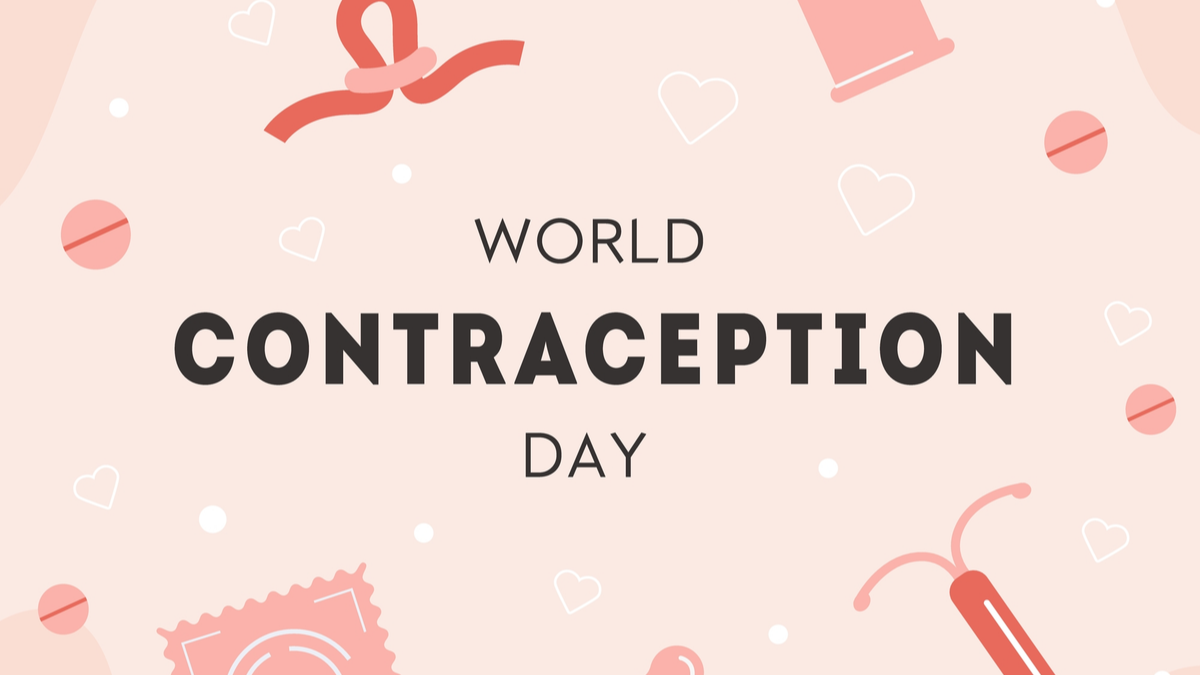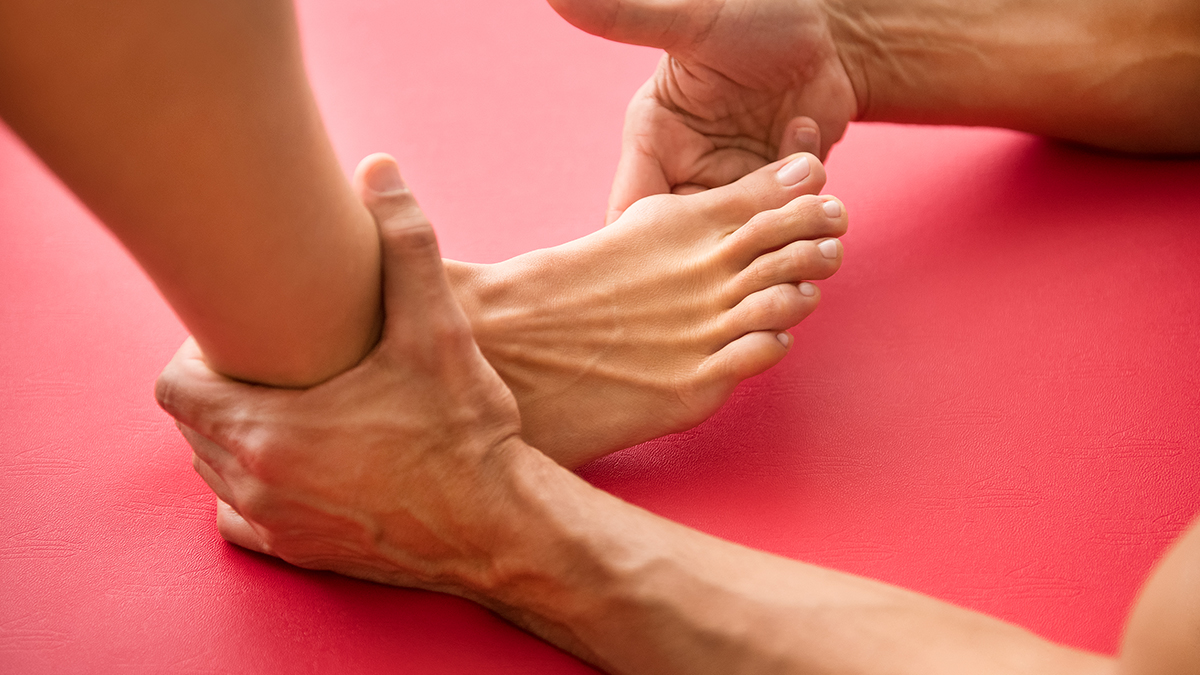As the FDA recently noted, antibacterial products are no more effective than soap and water and could be dangerous.
According to the recent research, a few weeks ago, the FDA announced a bold new position on antibacterial soap: Manufacturers have to show that it’s both safe and more effective than simply washing with conventional soap and water, or they have to take it off the shelves in the next few years.
About 75 percent of liquid antibacterial soaps and 30 percent of bars use a chemical called triclosan as an active ingredient. The drug, which was originally used strictly in hospital settings, was adopted by manufacturers of soaps and other home products during the 1990s, eventually ballooning into an industry that’s worth an estimated $1 billion. Apart from soap, we’ve begun putting the chemical in wipes, hand gels, cutting boards, mattress pads and all sorts of home items as we try our best to eradicate any trace of bacteria from our environment.
But triclosan’s use in home over-the-counter products was never fully evaluated by the FDA—incredibly, the agency was ordered to produce a set of guidelines for the use of triclosan in home products way back in 1972, but only published its final draft on December 16 of last year. Their report, the product of decades of research, notes that the costs of antibacterial soaps likely outweigh the benefits, and forces manufacturers to prove otherwise.
1 – Antibacterial soaps are no more effective than conventional soap and water.
As mentioned in the announcement, 42 years of FDA research—along with countless independent studies—have produced no evidence that triclosan provides any health benefits as compared to old-fashioned soap.
2 – Antibacterial soaps have the potential to create antibiotic-resistant bacteria.
The reason that the FDA is making manufacturers prove these products’ efficacy is because of a range of possible health risks associated with triclosan, and bacterial resistance is first on the list.
This is currently a huge problem in medicine—the World Health Organization calls it a “threat to global health security.” Some bacteria species (most notably, MRSA) have even acquired resistance to several different drugs, complicating efforts to control and treat infections as they spread. Health officials say that further research is needed before we can say that triclosan is fueling resistance, but several studies have hinted at the possibility.
3 – The soaps could act as endocrine disruptors. A number of studies have found that, in rats, frogs and other animals, triclosan appears to interfere with the body’s regulation of thyroid hormone, perhaps because it chemically resembles the hormone closely enough that it can bind to its receptor sites. If this is the case in humans, too, there are worries that it could lead to problems such as infertility, artificially-advanced early puberty, obesity, and cancer.
4 – The soaps might lead to other health problems, too. There’s evidence that children with prolonged exposure to triclosan have a higher chance of developing allergies, including peanut allergies and hay fever. Scientists speculate that this could be a result of reduced exposure to bacteria, which could be necessary for proper immune system functioning and development.
5 – Antibacterial soaps are bad for the environment. When we use a lot of triclosan in soap, that means a lot of triclosan gets flushed down the drain. Research has shown that small quantities of the chemical can persist after treatment at sewage plants, and as a result, USGS surveys have frequently detected it in streams and other bodies of water. Once in the environment, triclosan can disrupt algae’s ability to perform photosynthesis.
What Should You Do?
If you’re planning on giving up antibacterial soap—like Johnson & Johnson, Kaiser Permanente, and several other companies have recently done—you have a couple of options.
One is a non-antibiotic hand sanitizer, like Purell, which doesn’t contain any triclosan and simply kill both bacteria and viruses with good old-fashioned alcohol. Because the effectiveness of hand-washing depends on how long you wash for, a quick squirt of sanitizer might be more effective when time is limited.
Outside of hospitals, though, the CDC recommends the time-tested advice you probably heard as a child: wash your hands with conventional soap and water. That’s because while alcohol from hand sanitizer kills bacteria, it doesn’t actually remove dirt or anything else you may have touched. But a simple hand wash should do the trick. The water doesn’t need to be hot, and you’re best off scrubbing for about 30 seconds to get properly clean.
